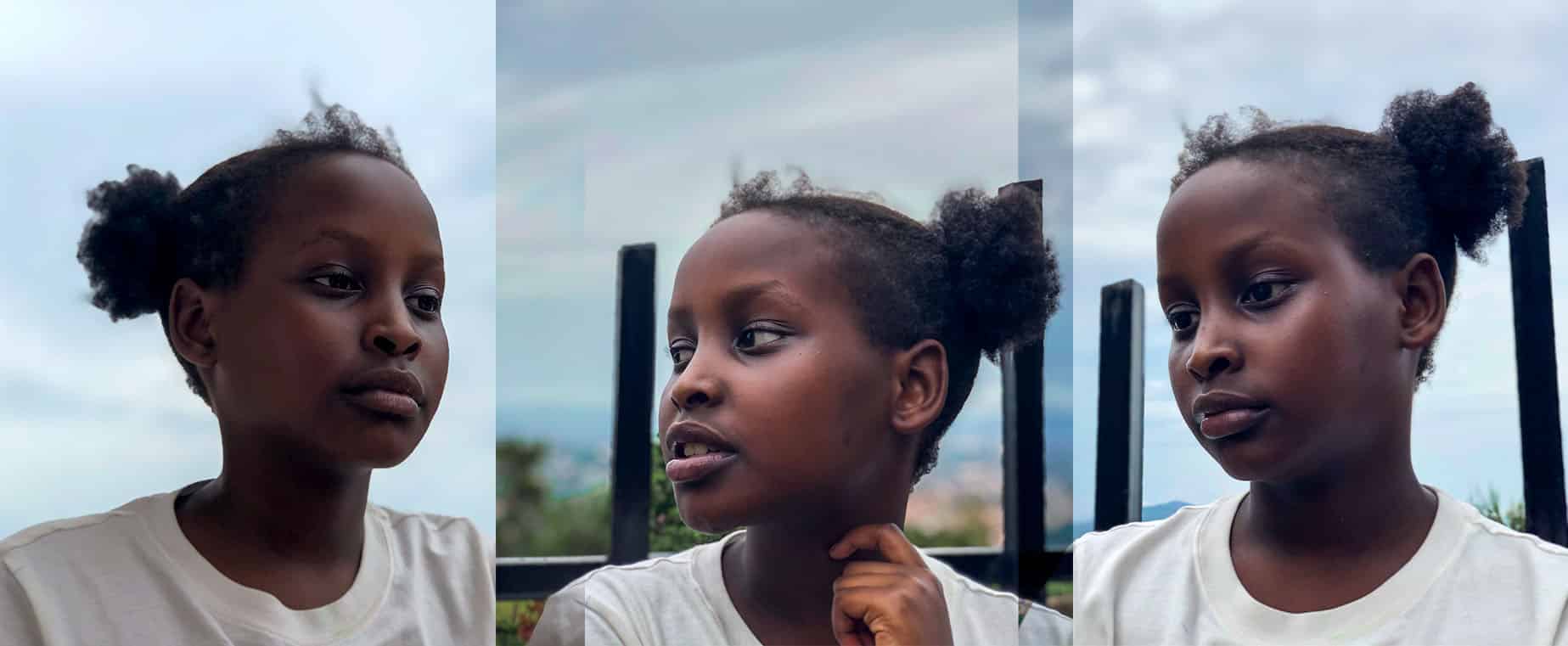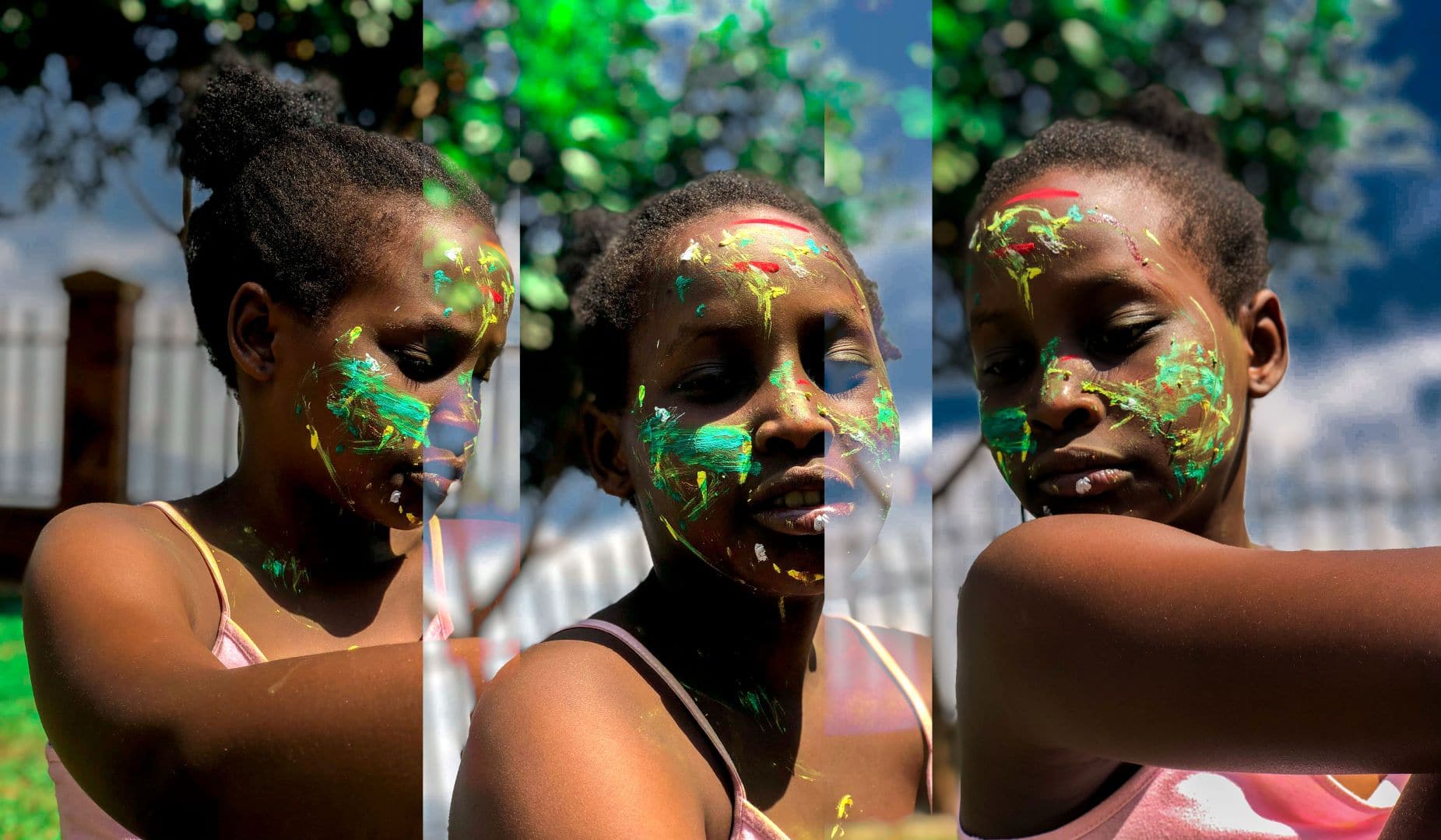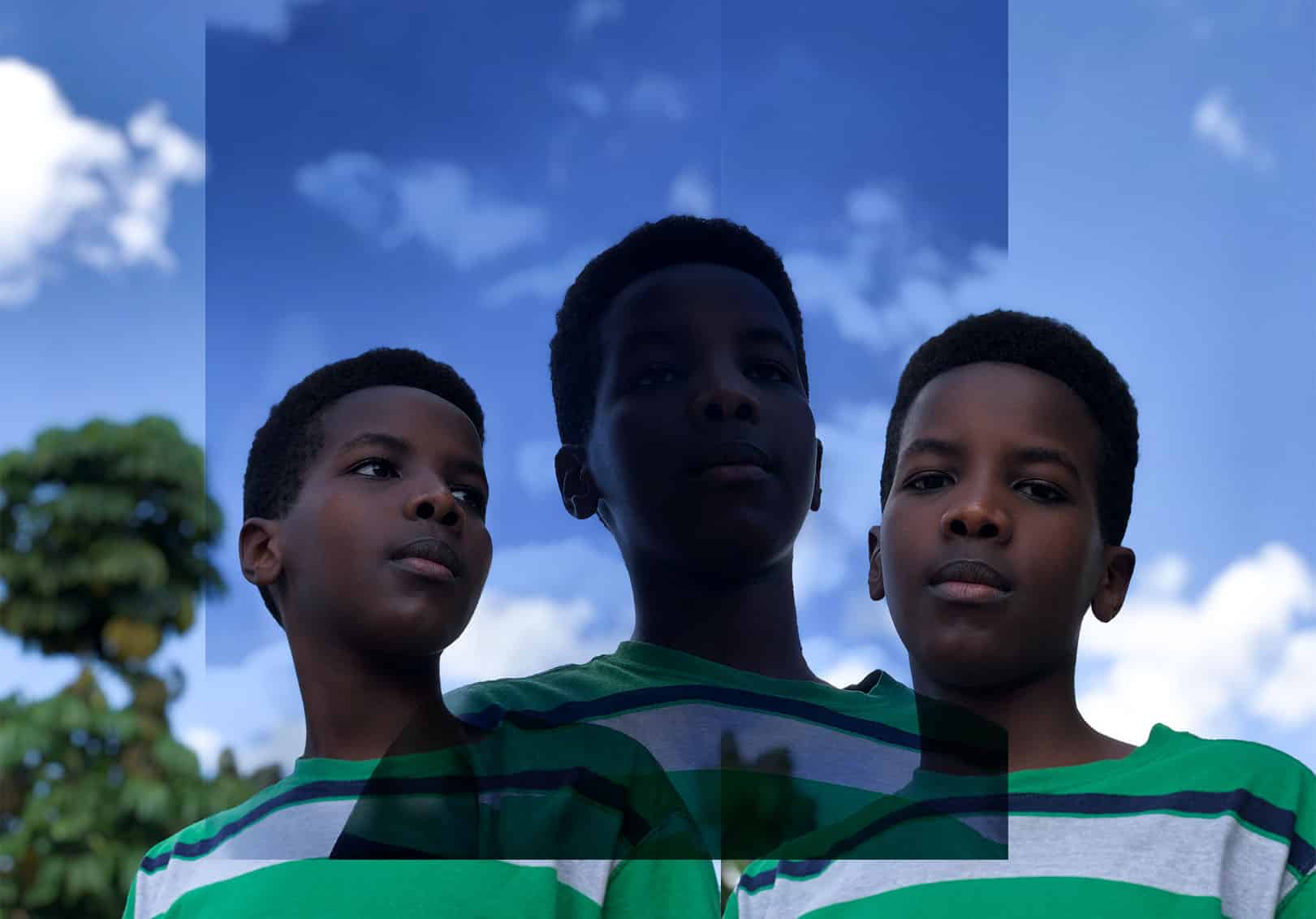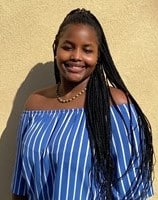I come from Rwanda, where black children are not hated for the color of their skin. My photos capture innocence and an age of purity.

(All photos by Stacy Shyaka)
In my country, black children are able to hold on to their innocence because they live in a place where black people are not hated for their skin color.
In America, black and brown children are taken advantage of and persecuted for just being black. Their innocence is taken away, and they are forced to mature faster and do not get the same opportunities that white people get in America.
In America, black children are taught at a young age about racism and police brutality, and they have to work extra hard to avoid falling into the stereotypes.
I can imagine improvement if we begin changing the education system that persecutes black and brown students in low-income areas. America is a system built from racism, so by giving equal opportunities to black children and black students, we can fix the broken society that we live in today.
In Rwanda, black children can hold on to their innocence.
In these portraits of children, different moments are captured as each piece includes a collection of photos taken over time.
Each photo represents an emotion, and together they embody one moment. The emotions include happiness, confidence and contentment.
In addition to the facial expressions, the multitude of vibrant colors, like the ones splattered on the girl’s face, convey their innocence and satisfaction in an environment where being black is the norm.
In my country, black children can hold on to their innocence because they live in a place where they are not hated for being black. In contrast, American black children experience a loss of innocence at a young age.



Three questions to consider:
- Why, according to the author/photographer, can black children in her home country of Rwanda hold on to their innocence, unlike, as she says, in the United States?
- Why do you think the photographer used multiple images of each child?
- In what ways can art be used to defend human rights?

Stacy Shyaka is from Kigali, Rwanda. She recently finished high school at the Westover School in the United States and will be attending the University of Alberta, where she hopes to major in animal health. She loves boxing and swimming.

Amazing photos, highly informative text!